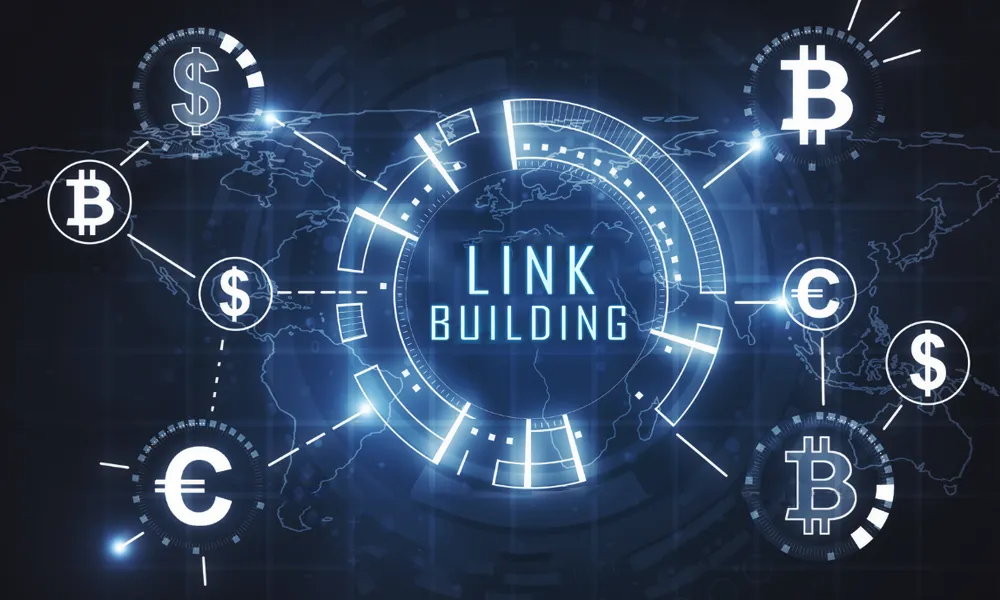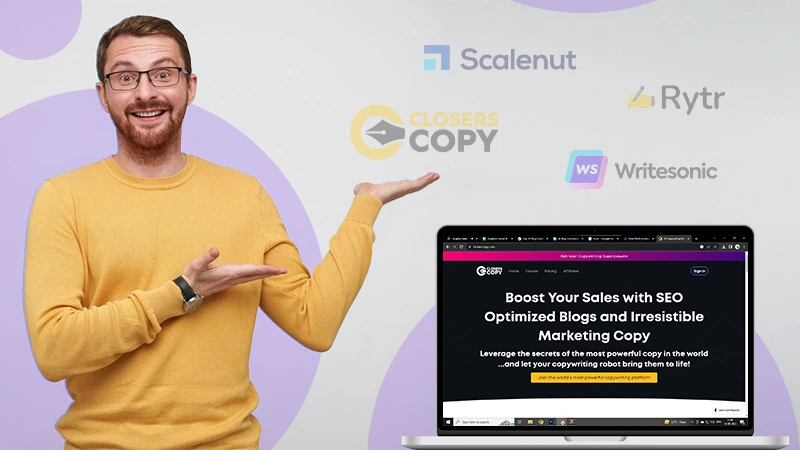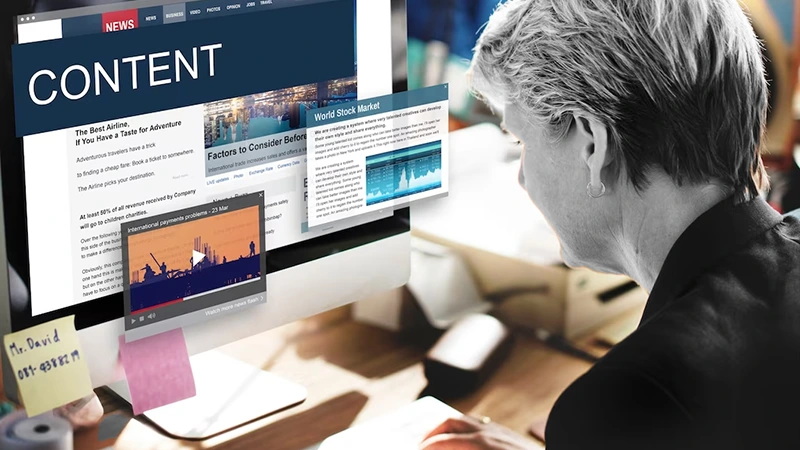The Importance of Page Speed Optimization
Website page speed is one of the key indicators of website performance, which determines the position in search results and sales volume. In a short period of time, from the moment you click on the link until the page is fully loaded on the monitor, a large amount of work takes place: a request to the server, processing the request, loading the content of the site, and rendering the page.
Why is Page Speed Important?
The importance of page speed is due to the fact that if the site loads slowly, two serious problems arise:
- The slower the site, the more often users leave it in search of an alternative, never waiting for the page to finally load. According to Google’s research, 53% of users will close a website if it takes longer than 3 seconds to load, and with each additional second, the number of people leaving your site will increase.
- Google search engines do not display sites with slow-loading pages in the top results. The departure of visitors from the site page is analyzed by search engines that record the fact of fast loading and lower the site to the bottom lines in the search results.
Practice shows that users are ready to wait until the site opens only if it is
- a familiar site;
- social networks;
- websites of state organizations.
In other cases, long loading is perceived negatively by the user, and he is likely to turn to competitors. That is why website speed importance should be almost in the first place, and why you should from time to time check your website speed by page speed optimization services like Lounge Lizard Worldwide, Inc.
Also Read: How to Create a Successful Commercial Website
How Important is Page Speed for SEO?
It is a fact that speed is one of the most important factors in Google rankings. Since 2010, Google has been gradually expanding the importance of website speed as an indicator of its quality.
Faster website speed can help with the following:
- It is a ranking factor. Thus, it can give a competitive advantage in search results.
- Apart from that, its real importance lies in retaining potential customers on the site. It is known that about 40% of visitors leave a website if it takes more than 3 seconds to load.
You should always consider internet traffic to be very impatient. If visitors cannot find what they are looking for in a matter of seconds, they can easily close your site and go to your competitors, and this is already a huge loss for your business.
The longer the site takes to load, the higher the exit and bounce rate. This is due to the fact that if the site does not load, then the interesting option is the only viable option for traffic. Many SEOs believe that a higher bounce and exit rate can affect a site’s ranking. This is the indicator for Google when a site can be considered low quality.
What is the Optimal Page Speed of a Mobile Site?
Today the design of the appearance of websites began to increase video, graphics, connect menus, and massive slideshows. On the one hand, a beautiful picture attracts visitors. On the other hand, with the increase in the volume of the site page, the download speed decreases significantly. Therefore, SEO specialists received another task: how to optimize the loading speed of the site from the client and server side, but fully preserve the functionality.
First, you need to find out what loading speed is required for the site. The answer: less than a second. After all, according to the results of research by Google engineers, users notice a delay of 0.4 seconds, and almost 80% of them simply do not make a second attempt if the resource took too long to load. Instead, an increase in speed by only 0.5 seconds in 80-90% of cases gives a noticeable increase in traffic, a decrease in bounces, an increase in search ranking, and an increase in average check and revenue.
Bottom Line
Let’s summarize why is page speed important:
- Slow loading of web pages undoubtedly spoils the impression of the site and negatively affects the conversion, but do not focus only on improving the speed – analyze and track metrics that directly affect the user experience. Page usability signals should be at the center of your attention, because they are a Google priority and will directly affect rankings from May 2021.
- Core Web Vitals metrics assess how quickly a page becomes accessible and interactive, and it is not the speed of loading the entire page that is important, but the speed of rendering the first screen. Good metrics are LCP under 2.5 seconds, FID under 100 milliseconds, and CLS under 0.1. Measure them in a test environment, and with real user data.
- By tracking page usability signals, you will better understand what needs to be fixed to optimize speed. Among the main actions that improve loading are code minification, image optimization, and choosing the right hosting. Run your site checks regularly to react to issues that affect loading in time.
How AI is Revolutionizing Video Marketing (and How…
10 Things Your Competitors Are Doing Right in…
Top 8 Best Shopify Apps for Marketing Your…
A Detailed Overview of the PSG Digital Marketing…
4 Most Commonly Overlooked Hidden Costs of Web…
Top 5 Business Niches with the Most Aggressive…
Top 10 Blog Conclusion Generators for Marketers and…
Digital Marketing Agencies: Catalysts for Modern Business Growth
Unveiling the Best Email Marketing Services
The Future of Content Writing: Trends and Innovations…
Maximize Your SEO Potential with Automation: Tips and…












